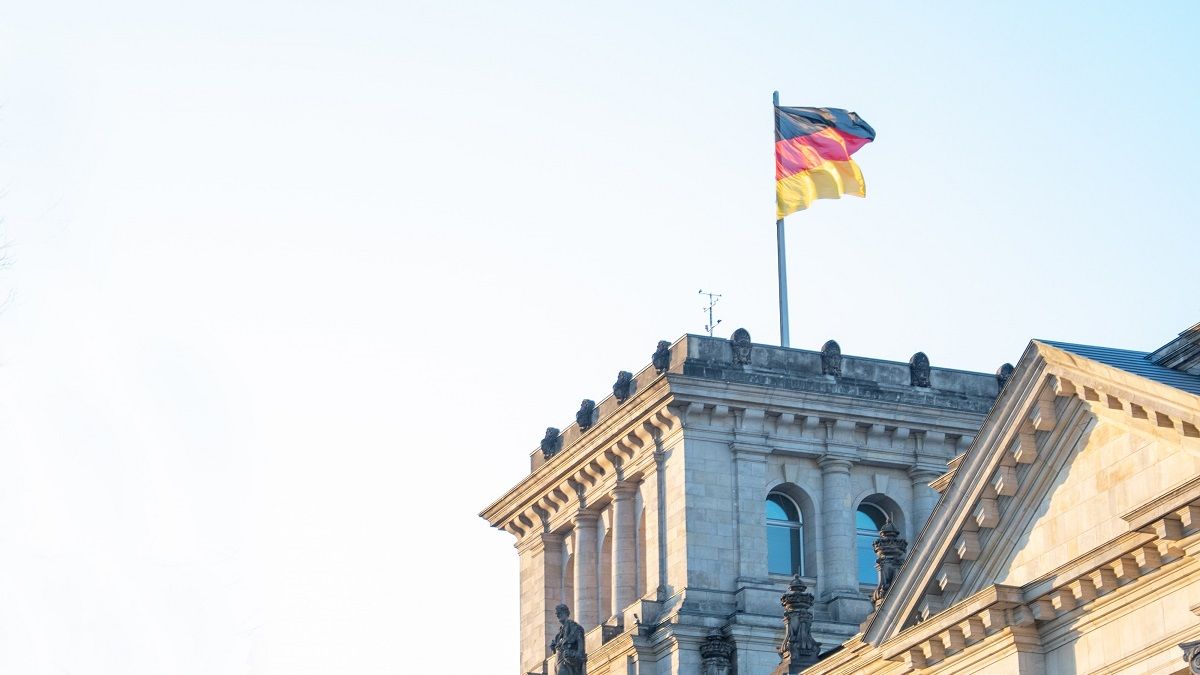The cost-of-living crisis is biting in Germany, with reports this week of surging food inflation and a collapsing fibreoptic sector.
The German financial newspaper Handelsblatt ran the two reports, stating in one that food inflation within the country had reached 97% for some items. App company smhaggle had compared prices for the paper, concluding that 54.1% of food items have risen in price since the beginning of the year. Meanwhile, recent figures from the German Federal Statistical Office (Destatis) said it was expecting inflation in excess of 3.8% in October.
“This is the lowest level since August 2021 (also +3.8%),” the department confirmed. “The inflation rate is measured as the change in the consumer price index compared with the same month a year earlier. Based on the results available so far, Destatis also reports that consumer prices are expected to remain unchanged from September 2023. The inflation rate excluding food and energy, often referred to as core inflation, is expected to be +4.3%.”
The fall in inflation has been attributed to the year-on-year drop in energy prices, which was said to have had a “particularly dampening effect”. Destatis noted: “A base effect due to the very high energy price level in the previous year applied here.
“Prior to this, energy prices last declined year on year in January 2021 (-2.0% compared with January 2020). By contrast, food prices in October 2023 were still significantly higher (+6.1%) than in October 2022. A lower year-on-year increase in food prices was, however, last recorded in February 2022 (+5.4% on February 2021).”
Sober situation
After Handelsblatt had finished kicking the nation over food prices, it turned its attention to the fibreoptic sector, arguing a boom of initial investment had given way to a sober current situation. “The euphoria of the beginning has often given way to deep disillusionment,” the paper noted. “Foreign investors are already considering leaving the German market. Smaller companies are even threatened with bankruptcy. Even large fibreoptic providers are struggling to implement their expansion plans ‘right up to the house’ on time – and to finance them.”
Nor is the newspaper the only one saying this. Writing for consulting firm HCD at the end of September, Andreas Fischer said: “The biggest reason Germany is lagging behind in its implementation of fibreoptic connections is the high cost – which can quickly run into billions – causing telecommunications providers to shy away from doing the work. Usually, they need to lay completely new cables for fibreoptic connections, and that costs money. In contrast, existing telephone lines can be used for DSL or even VDSL.”
On a broader picture, the German economy is struggling – as, Expert Investor noted recently: If a recession is not yet here, it soon will be. Writing in September, we continued: “The OECD predicted Germany would see a 0.2% fall in its GDP, compared with increases of 1% in France, 0.8% in Italy and 2.3% in Spain. This comes in the same week that Deutsche Bank CEO Christian Sewing warned Germany could potentially end up as the ‘sick man of Europe’.”







